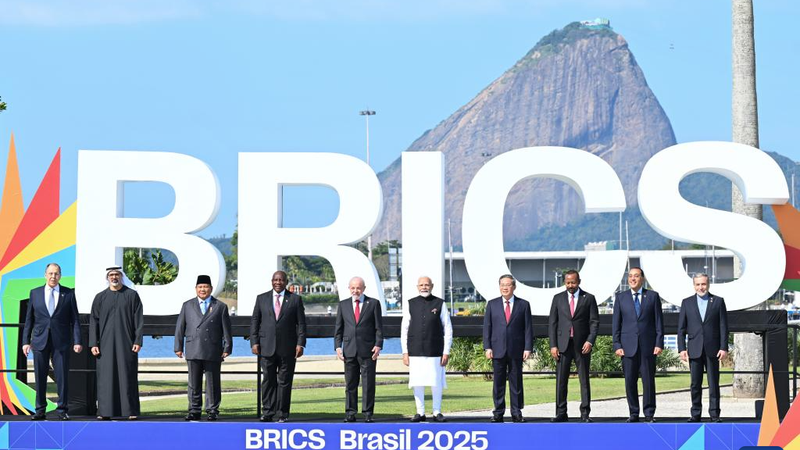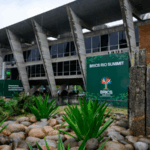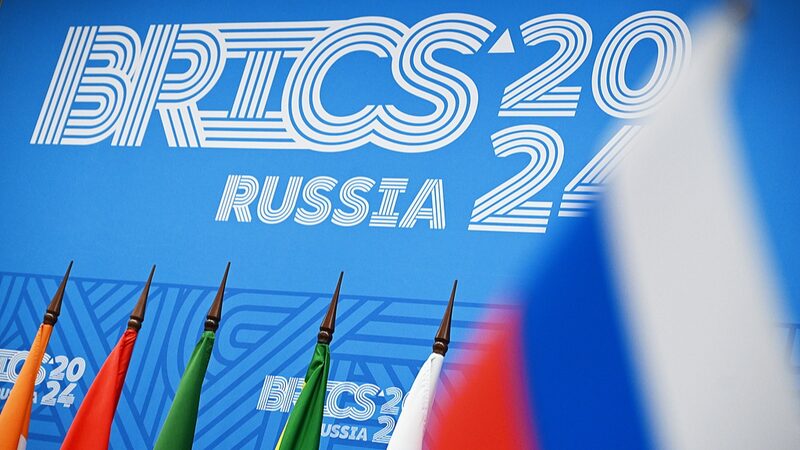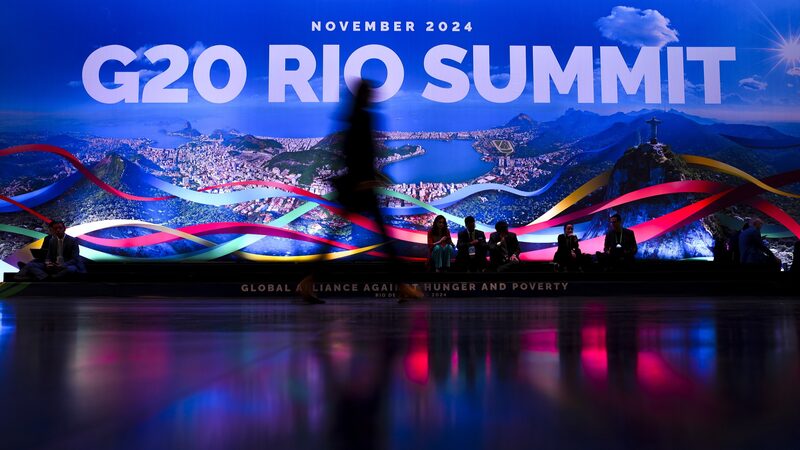The 17th BRICS Summit in Brazil concluded with a resounding commitment to reshaping global governance and fostering equitable development, as outlined in the Rio de Janeiro Declaration. Delegations from Brazil, Russia, India, China, and South Africa emphasized multilateral cooperation as a counterbalance to what they described as militaristic and environmentally unsustainable approaches by some Western nations.
A New Vision for Global Governance
The declaration called for a "democratic and accountable international system" built on consensus and shared benefits. Chinese Premier Li Qiang reaffirmed China's dedication to collaborating with BRICS partners to advance "just, equitable, and efficient" global governance frameworks. Analysts noted this stance aligns with BRICS' long-standing advocacy for reducing Western dominance in institutions like the IMF and World Bank.
New Development Bank Takes Center Stage
The summit spotlighted the New Development Bank (NDB), which aims to mobilize private capital at a 1:5–1:10 ratio for sustainable infrastructure projects. The declaration praised the NDB's focus on local currency financing and reducing inequality. Established in 2015 with equal contributions from founding members, the bank has expanded to 12 nations, with further growth anticipated.
Balancing Growth and Sustainability
BRICS leaders reiterated their dual focus on economic integration and environmental responsibility. The bloc criticized nations prioritizing military spending over green initiatives, positioning itself as a champion of climate-conscious development. With Brazil set to pass the 2025 summit hosting duties to Russia, observers predict continued emphasis on expanding BRICS' role in addressing global challenges.
Reference(s):
cgtn.com






